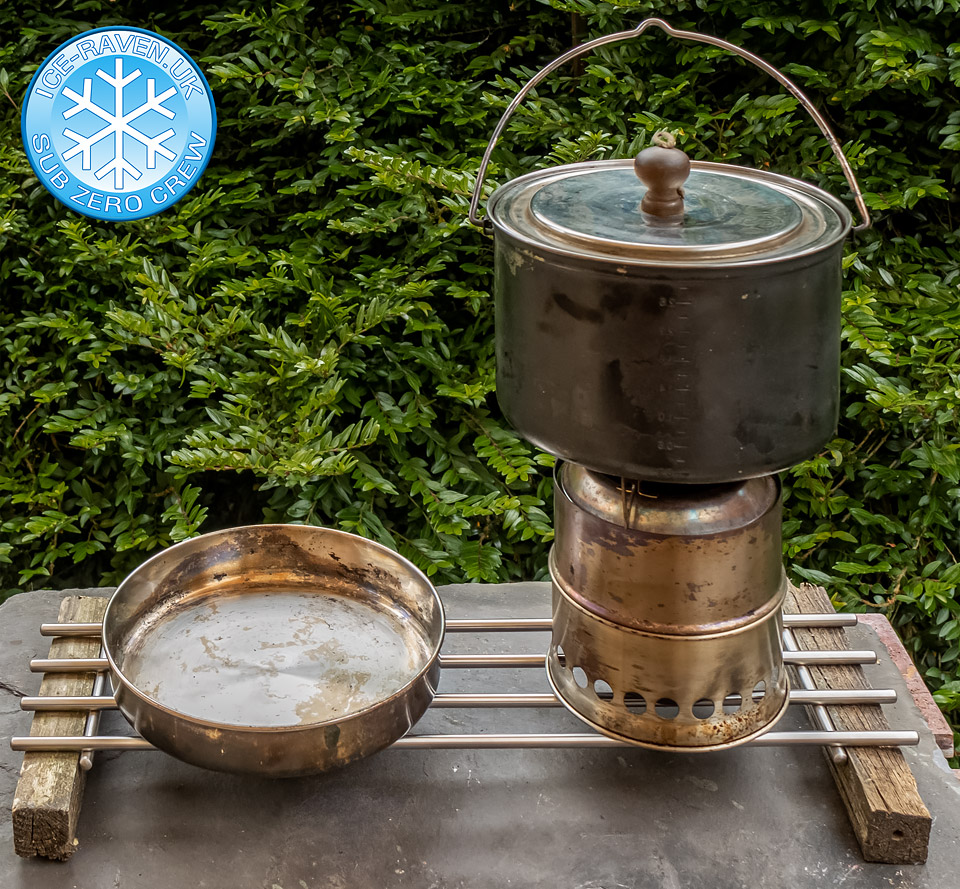Very soon we wont have any countryside left to wander about in.
True, but the other 70,000 species in the UK will have a better protection and access
Very soon we wont have any countryside left to wander about in.


I know this is a consolation prize, but it always amazes me how nature reclaims the landscape. There's a number of sites locally to me that have been mined, spoiled, or just generally abused, and nature has taken them back super quick. I'm not saying that it excuses any damage we do, I'm definitely not.
It would be nice to think that, but as 99% of all the species that ever were have gone, ( and most of these were not destroyed by humans) then it doesn't seem to work as well as you may think. The other problem with that is that so many intrusive species have now been let free, that these will cause immense damage, whether we like to admit it or not the humans do have a certain amount of control of things, especially the invasive species and in most cases for the good of the planet.I find it encouraging to know that when we've gone everything else will claim it all back
It would be nice to think that, but as 99% of all the species that ever were have gone, ( and most of these were not destroyed by humans) then it doesn't seem to work as well as you may think. The other problem with that is that so many intrusive species have now been let free, that these will cause immense damage, whether we like to admit it or not the humans do have a certain amount of control of things, especially the invasive species and in most cases for the good of the planet.
If you look for instance at the fires in California and Australia, these were (in my opinion) because of the lack of intervention and management to minimise the risk, if everything was allowed to go untamed then eventually i would think the earth would destroy itself and the wildlife on it..
Well you are entitled to doubt it, but if we only have 1% of species left(about 8.5 million) and 99% are gone, then it obviously hasn't happened, if a system kills or allows 99% of life to be killed it's not a very good system, land erosion, underwater volcanoes , rain washing away the limestone etc, big problems.and i am not sure we can depend on self healing.Really? I doubt it very much. The earth is a great big automated control system - as one parameter peaks another develops to dampen the change. That's how it always has been. Yes, we have lost a very large number of species of plants and animals, but the basic building blocks are the same. There were devastating forest fires before man knew how to strike a spark - and some tree species rely on the fires to germinate. No, the world and nature will survive and maybe some other species will rise over a few million years to make a mess of things again
Well you are entitled to doubt it, but if we only have 1% of species left(about 8.5 million) and 99% are gone, then it obviously hasn't happened, if a system kills or allows 99% of life to be killed it's not a very good system, land erosion, underwater volcanoes , rain washing away the limestone etc, big problems.and i am not sure we can depend on self healing.
